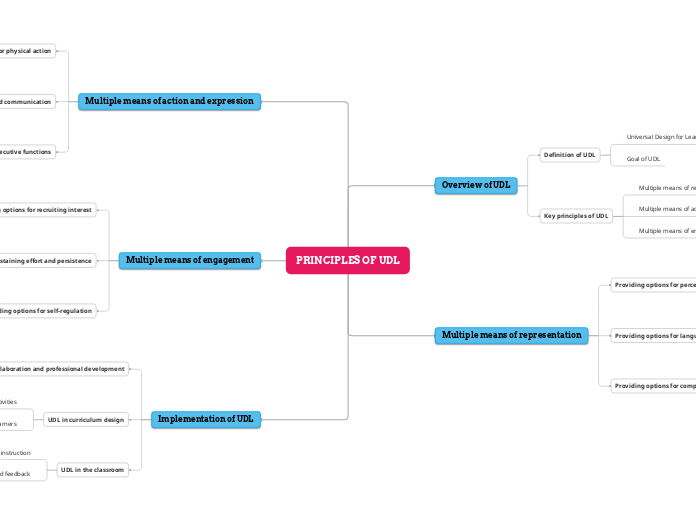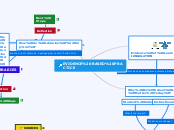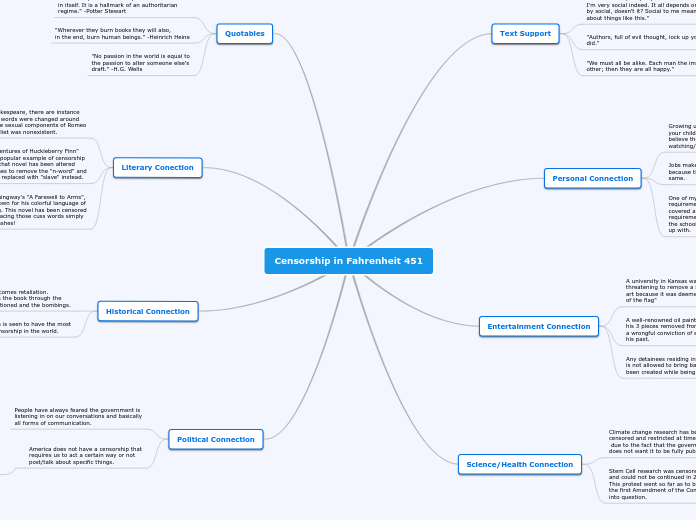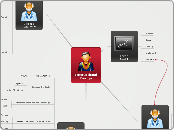av Abiero David Owuor för 1 år sedan
122
PRINCIPLES OF UDL
Universal Design for Learning (UDL) emphasizes creating an inclusive educational environment by catering to diverse learner needs. It incorporates multiple means of representation, providing various ways for students to access information, such as visual aids and different language options.









